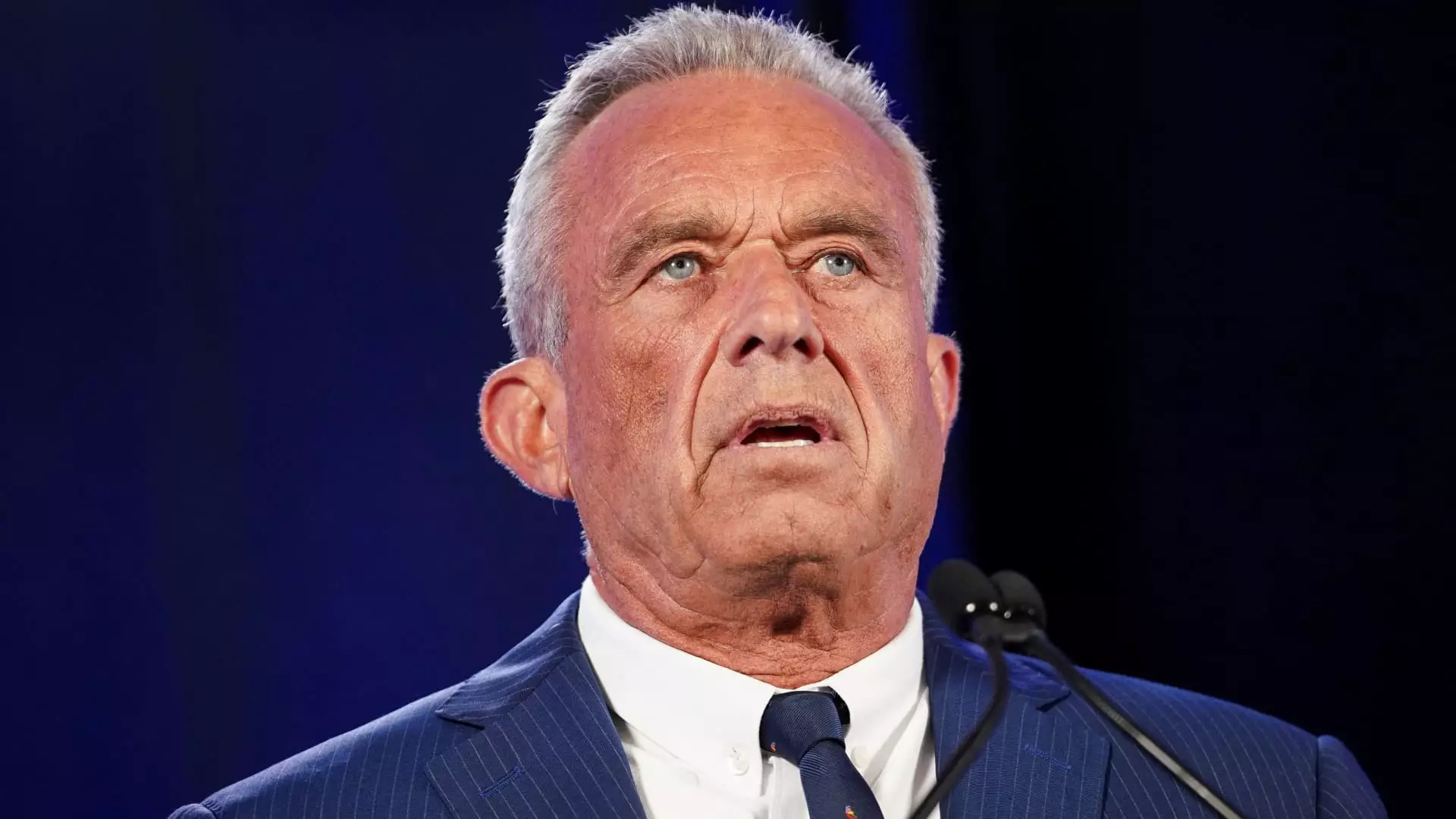The recent ruling by the Michigan Supreme Court has caused quite a stir in the political scene. The decision to allow former independent presidential candidate Robert F. Kennedy Jr. to appear on the ballot in Michigan has raised concerns about its potential impact on the upcoming presidential election. This ruling could potentially have significant repercussions on the race between Democratic nominee Vice President Kamala Harris and GOP nominee former President Donald Trump.
The Supreme Court’s decision overturns a previous ruling by the state’s Court of Appeals that had removed Kennedy from the ballot, against the wishes of Michigan Secretary of State Jocelyn Benson. This move is seen as potentially favoring Harris over Trump in the state’s polling averages. While Harris leads in Michigan overall, her edge over Trump narrows in a head-to-head matchup. The significance of Michigan’s 15 votes in the Electoral College, as a crucial swing state, cannot be understated. The implications of this ruling on the outcome of the presidential race are substantial.
Kennedy’s decision to suspend his campaign and support Trump led to his initial request to remove his name from the ballot in swing states like Michigan. However, Michigan law prohibits minor party candidates who accept a nomination from withdrawing from an election. The Michigan Supreme Court majority justified its decision to keep Kennedy on the ballot by stating that he had not demonstrated a clear legal right to perform such an action. The two dissenting justices criticized the ruling, arguing that it deprived the electorate of a genuine choice in the election.
The dissenting justices warned that the majority ruling could have national implications on the presidential race. By allowing Kennedy to remain on the ballot, the Secretary of State was accused of denying the electorate a choice between viable candidates. Similar legal battles are ongoing in Wisconsin and North Carolina, with conflicting outcomes in each state. The decisions in these battleground states could influence the overall race between Harris and Trump.
Kennedy’s successful withdrawal from ballots in other swing states like Pennsylvania, Arizona, Nevada, and Georgia has shifted the dynamics of the race. Polling data suggests that in some states, a two-way race between Harris and Trump may actually benefit Harris, contrary to Kennedy’s intentions. The legal battles surrounding Kennedy’s candidacy highlight the complexities of election laws and their impact on the democratic process.
The decision by the Michigan Supreme Court to allow Robert F. Kennedy Jr. to remain on the state’s ballot has sparked debate about its potential impact on the presidential race. The legal battles surrounding Kennedy’s candidacy raise questions about the fairness and transparency of the electoral process. As the election draws closer, the outcomes in swing states like Michigan, Wisconsin, and North Carolina will undoubtedly shape the final results of the race between Harris and Trump.


Leave a Reply